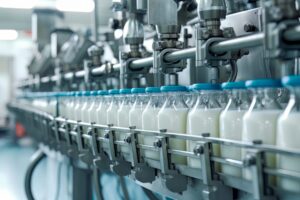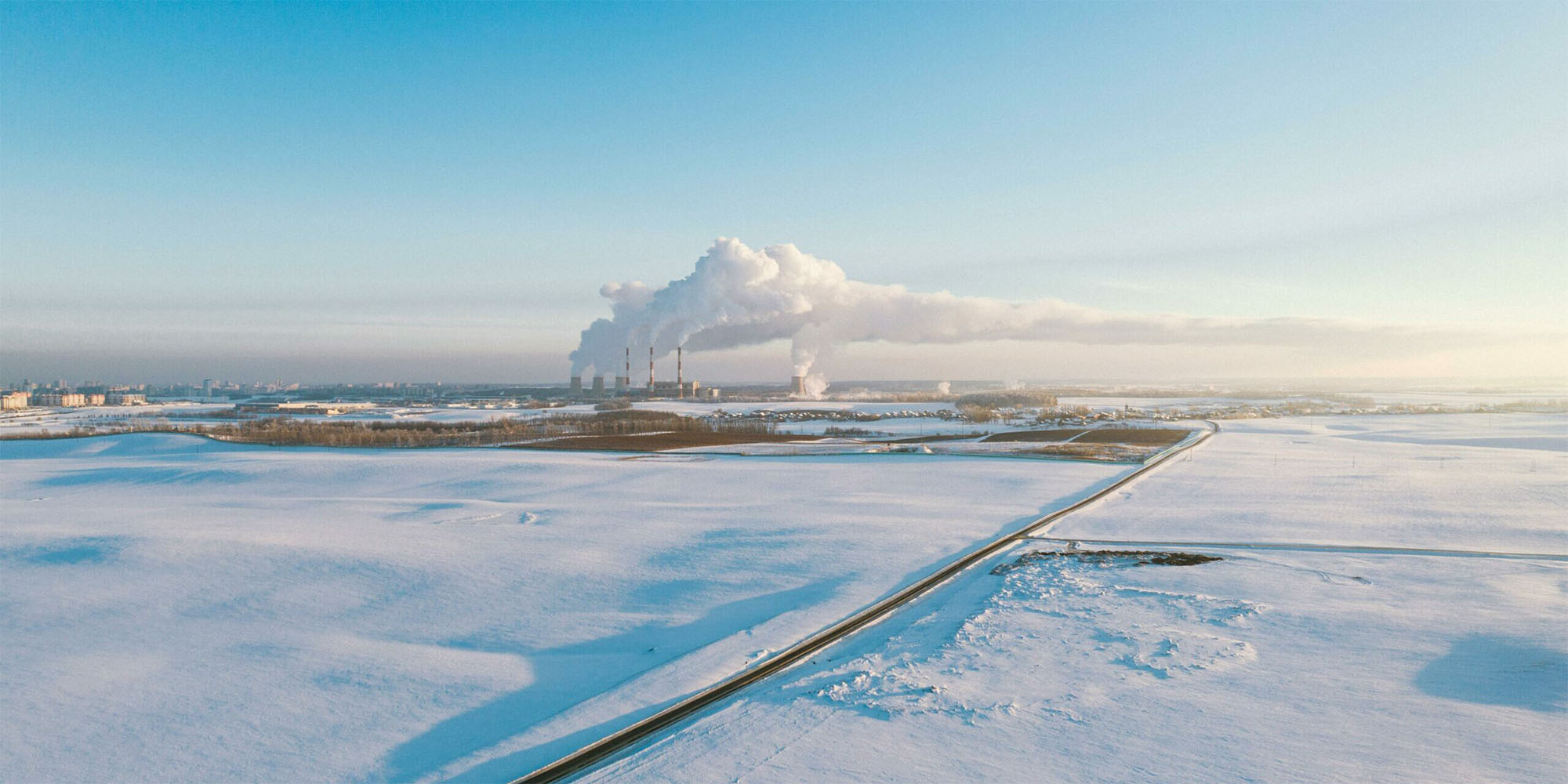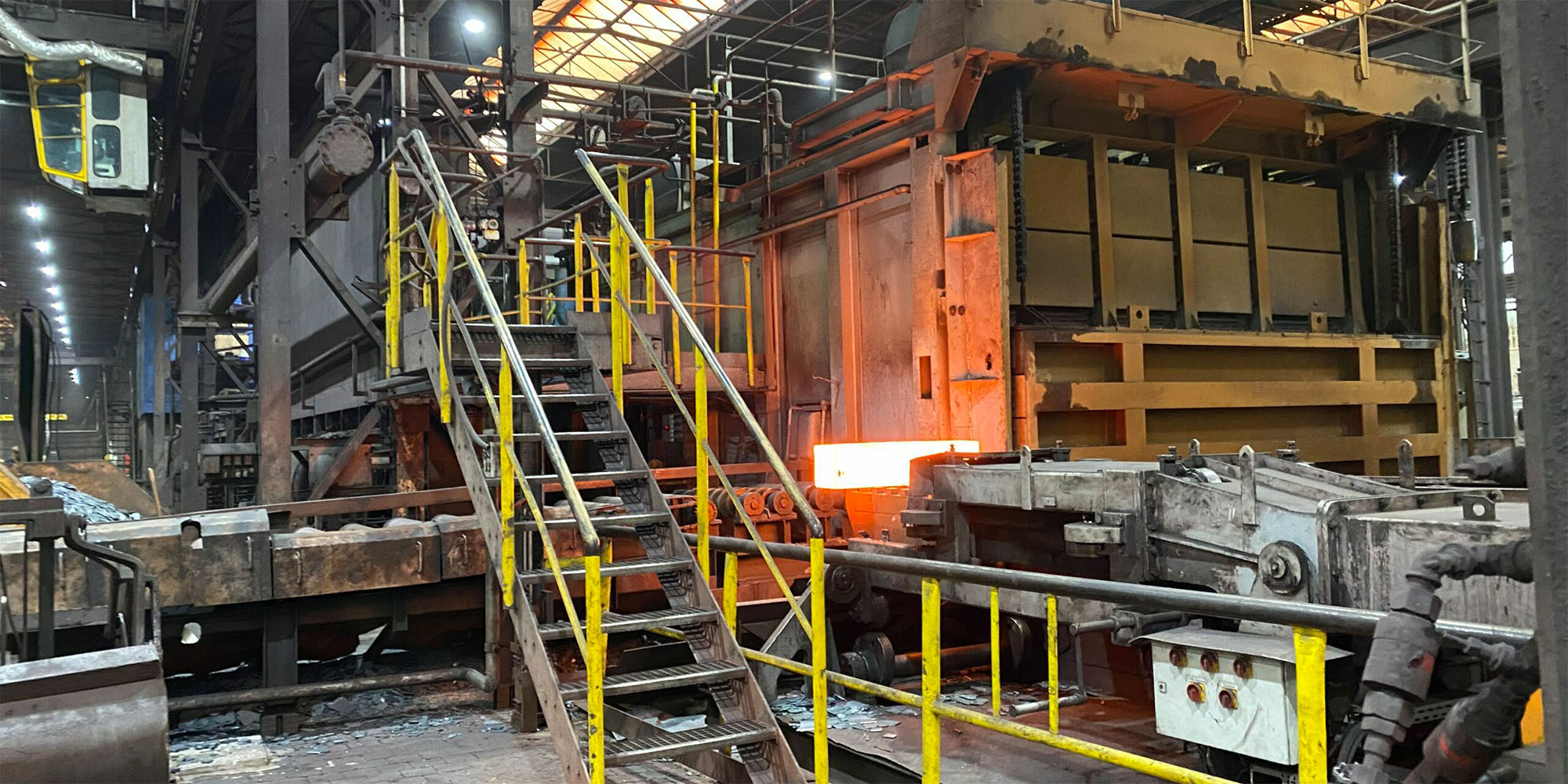Wastewater treatment in dairies
Wastewater from dairies has a high pollution load. Chemical treatments can be used to remove solids and organic substances. A key method in this process is flocculation.
What is flocculation and why do I need it?
Flocculation is a process that aims to combine the smallest particles in wastewater into larger agglomerates, which can then be separated more easily. In dairy wastewater, fats, proteins and other organic substances can be present in the form of fine suspensions. By adding flocculants, dirt particles are brought together to form larger flocs. The flocs formed then sink more quickly due to their size and can be removed from the wastewater by sedimentation, flotation or filtration. This leads to efficient cleaning of the wastewater and relieves the burden on further treatment processes.
Flocculation as part of the chemical treatment of wastewater in dairies helps to improve the quality of the purified water and minimize the environmental impact. The targeted use of flocculants can increase the efficiency of wastewater treatment, which ultimately leads to more sustainable production in dairies.

What challenges do I face with wastewater treatment in my dairy?
Wastewater treatment in dairies faces a number of challenges that need to be overcome in order to minimize environmental impact and ensure compliance with regulations.
One of the main problems is the high organic load of wastewater. Dairies produce large quantities of wastewater that is rich in organic substances such as fat, protein and lactose. If not treated properly, these substances can lead to water pollution and affect the ecological balance.
Another problem is the high load of nutrients such as nitrogen and phosphorus. If not treated properly, these can lead to algae blooms in bodies of water, which in turn has a negative impact on water quality and the ecosystem. In addition, the special substances contained in dairy wastewater, such as cleaning agent residues or disinfectants, also pose a challenge. These substances must be effectively removed from the wastewater to prevent contamination of the environment.
The treatment of dairy wastewater therefore requires special technologies and processes to overcome these challenges. These include chemical processes such as flocculation and precipitation. INWATEC has developed specialty chemicals to achieve an optimal flocculation process. We are happy to help you with your wastewater treatment.
Compliance with strict environmental requirements and regulations is also a challenge. Dairies must ensure that their wastewater complies with legal requirements, which often requires investment in modern wastewater treatment plants.
Overall, wastewater treatment in dairies requires a holistic approach to overcome the specific challenges and ensure sustainable production. By using appropriate technologies and processes, dairies can help minimize their environmental impact while making their operations more efficient.
How can INWATEC help you?
INWATEC comes into play to put this into practice. We are happy to help you develop a holistic concept for effective wastewater treatment. We offer you individual wastewater treatment concepts and a range of specialty chemicals for effective wastewater treatment. In addition, we can test your water samples in our in-house laboratory to provide you with a comprehensive overview of the parameters of your water.
We help you to comply with the required limit values. We are your competent partner for your wastewater treatment. If you have any questions or are interested in our services, you can contact us at any time by telephone on +49 2271 995510 or by e-mail at info@inwatec.com. No case is too tricky for us and no location too dangerous, so just get in touch. We will find a customized solution for your wastewater system.



